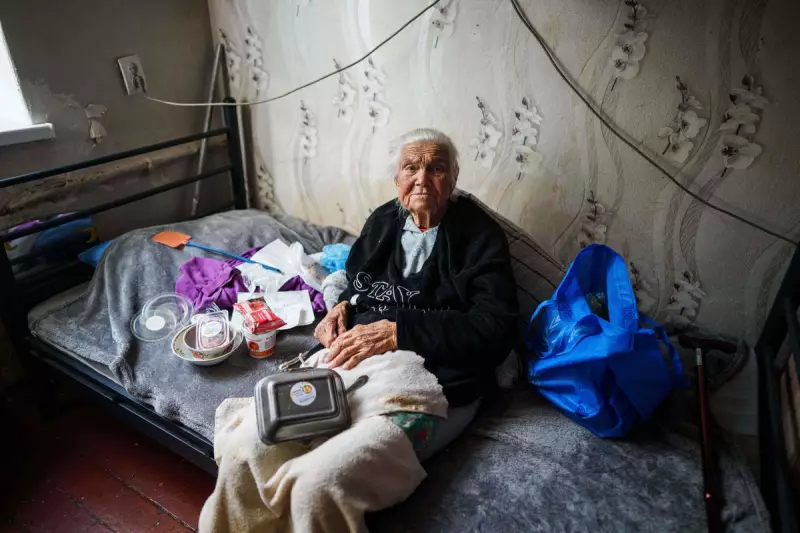
The ongoing conflict in Ukraine has created what humanitarian organisations are calling a 'silent epidemic' of family separation, with countless children being systematically removed from their parents and guardians under circumstances that international observers describe as deeply troubling.
The Systematic Separation
Evidence gathered from multiple sources indicates a coordinated effort to separate Ukrainian children from their families, with many being transported to facilities hundreds of miles from their homes. The process often begins with promises of temporary safety and education, but families quickly lose contact with their children.
Psychological Impact on Young Lives
Child psychologists working in the region report devastating psychological consequences for these separated children. Many exhibit symptoms of severe trauma, including night terrors, regression in development, and attachment disorders that could have lifelong implications.
Irreversible Damage
'What we're witnessing is the systematic destruction of childhood,' explains Dr Anya Petrova, a child trauma specialist working with affected families. 'The bond between parent and child is being deliberately severed, and for many younger children, this separation may mean they never recognise their biological parents again.'
International Response and Legal Action
The international community has begun to take notice, with several organisations documenting what they believe may constitute war crimes. Legal experts are gathering evidence for potential prosecution, while humanitarian groups work against overwhelming odds to facilitate reunifications.
The Challenge of Reunification
Reuniting families presents enormous logistical and emotional challenges. Many children have been given new identities, while others have been placed with families who may be unaware of the circumstances surrounding their arrival.
A Generation at Risk
As the conflict continues, concerns grow about the long-term impact on an entire generation of Ukrainian children. Beyond the immediate trauma, experts worry about the loss of cultural identity, language, and family history that may never be recovered.
The international community faces increasing pressure to intervene more effectively, but with diplomatic efforts stalled and access limited, many families remain in agonising limbo, hoping for news of children they may never see again.





